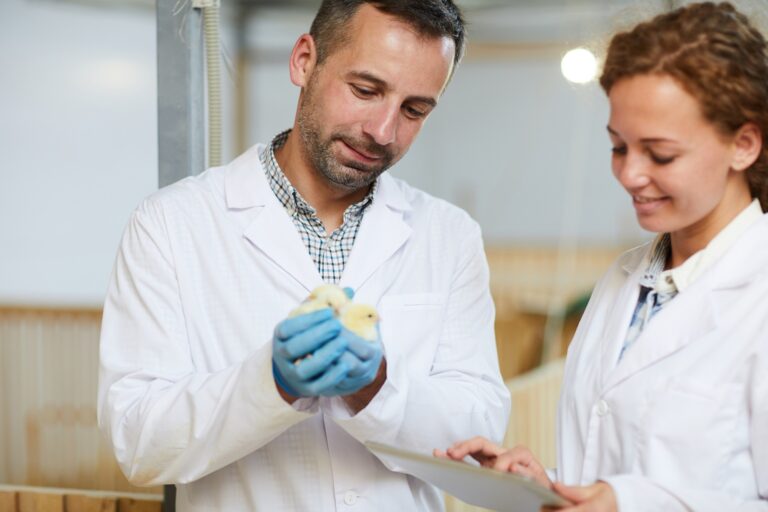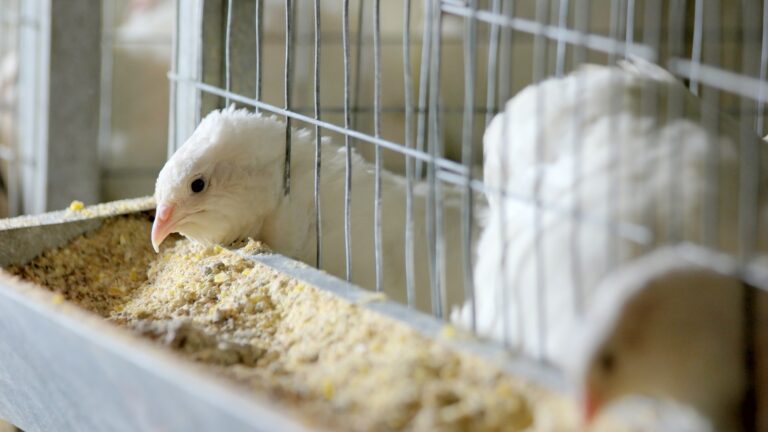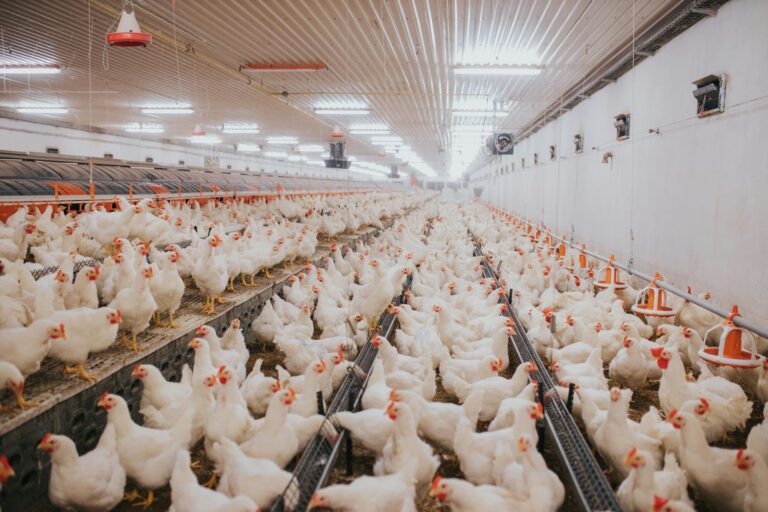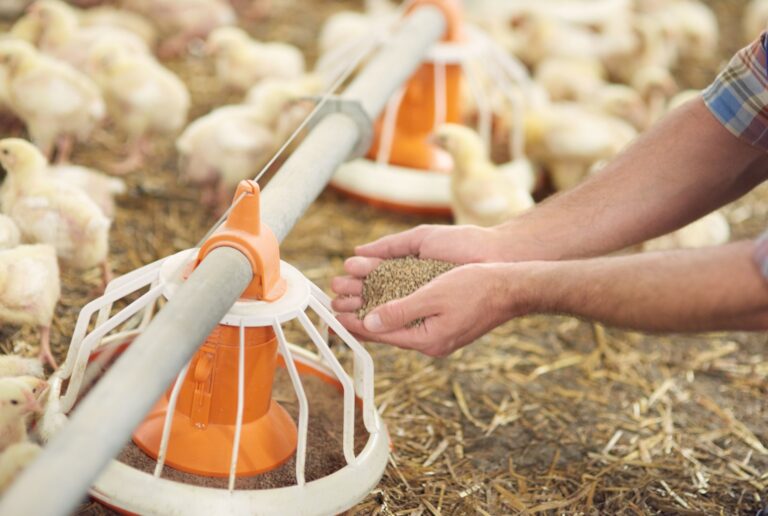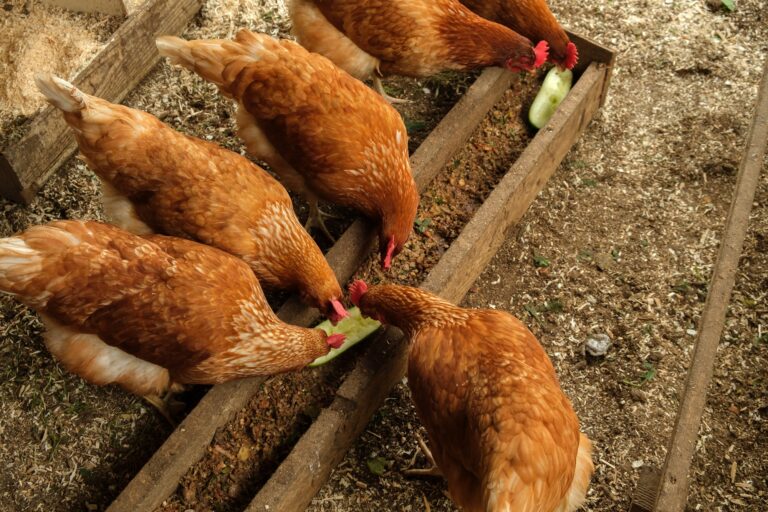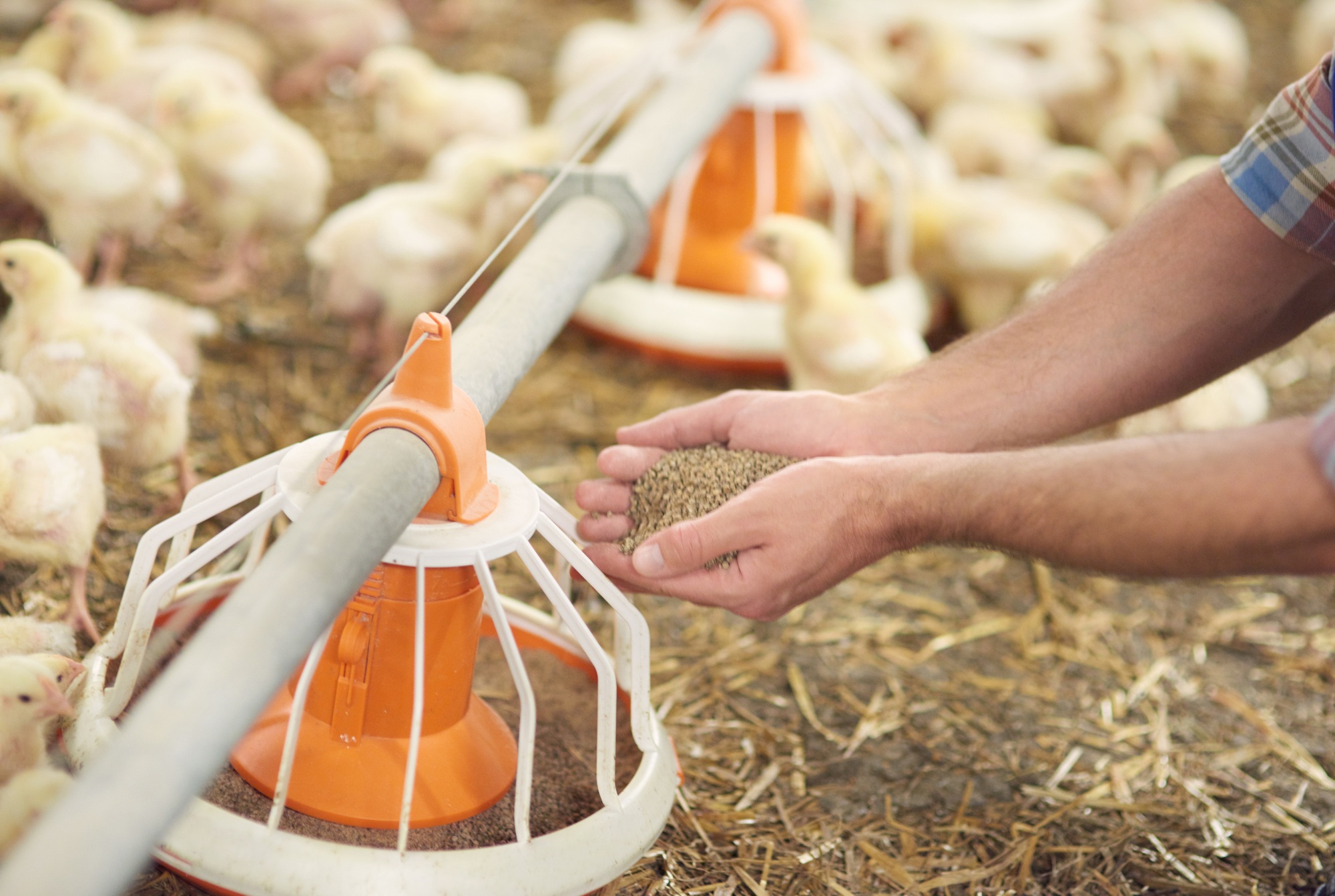
Adding some pasture to the feeder
In the ever-evolving landscape of the poultry industry, the symbiotic relationship between farmers and poultry experts stands as a beacon for sustainable and efficient production.
By harnessing the collective expertise of these two groups, we can unlock innovative strategies that enhance chickens’ welfare, boost production levels, and improve overall management practices. In our interconnected world, where the demand for broilers and laying hens is on the rise, collaboration holds the key to facing challenges head-on and ensuring the health of our feathered friends. Let us delve into the nuances of this vital partnership.
The Role of Farmers in Poultry Production
Farmers form the backbone of the poultry industry, nurturing the lifeblood of the sector with dedication and care.
Their hands-on experience provides crucial insights into the day-to-day realities of chicken management. By integrating traditional methods with modern data-driven practices, farmers can optimize their operations, ensuring their birds remain healthy and productive.
Traditional Wisdom Meets Modern Solutions
Farmers possess a wealth of traditional knowledge derived from years of firsthand experience. This understanding of local environmental conditions, coupled with insights into animal welfare, is invaluable. By collaborating with poultry experts, farmers can enhance their knowledge base with cutting-edge data analytics and tailored strategies that ensure chick health.
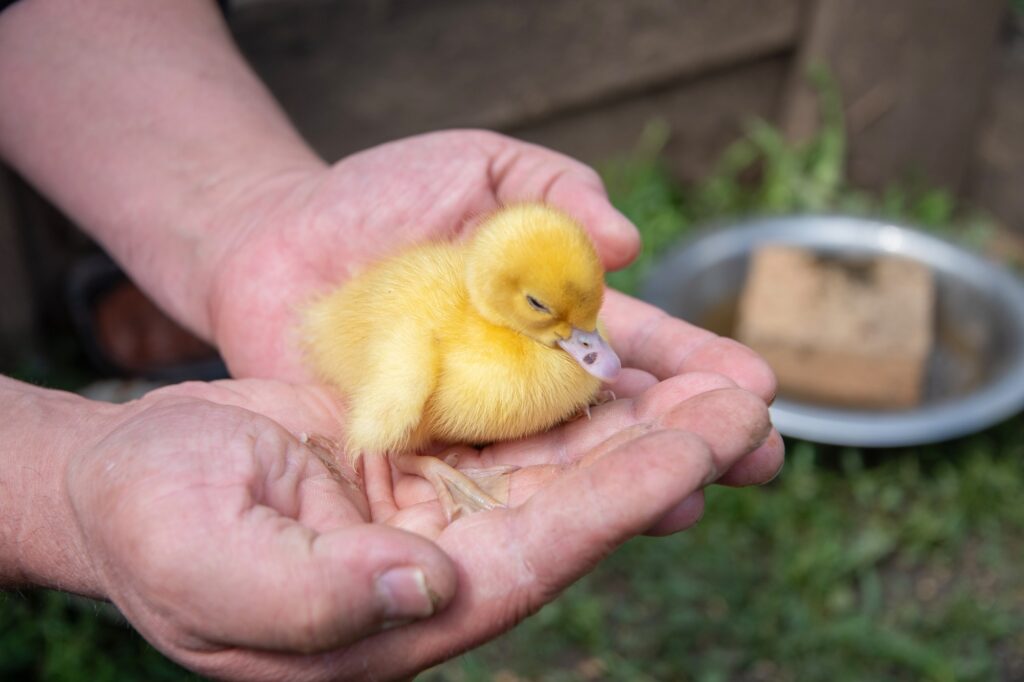
Importance of Quality Feed
The foundation of robust chickens lies in their feed. Farmers, through their partnership with experts, can refine feed formulations tailored to the specific nutritional needs of their birds. With the right balance of vitamins, minerals, and proteins, the potential for production increases, as does the overall health of the flock.
A Unified Approach to Health
Preventative measures are pivotal in maintaining a healthy poultry population. By working together, farmers and experts can develop comprehensive health management plans that mitigate common diseases. Vaccination schedules, sanitation procedures, and biosecurity measures become more effective when informed by both practical experience and scientific research.
Leveraging Expertise for Optimal Chick Health
Poultry experts bring a wealth of specialized knowledge that complements the day-to-day practices of farmers. Their role in the industry is pivotal, bridging the gap between research and practical application. Through this synergy, the industry can address the diverse challenges faced by broiler and laying operations.
Data-Driven Decision Making
In the age of information, data holds unparalleled power. Poultry experts utilize data analytics to predict trends, manage risks, and optimize various aspects of poultry production.
Collaborating with farmers, they can translate this data into actionable insights, crafting strategies that enhance both the welfare and productivity of the chickens.
Innovations in Feed and Nutrition
Experts in poultry science are continually developing new feed formulations that cater to the unique nutritional needs of broilers and layers. By advising farmers on these innovations, they ensure optimal growth rates and feed conversion, ultimately benefiting the entire poultry ecosystem.
Addressing Environmental Challenges
The impact of the environment on chick health is profound. Through collaborative efforts, farmers and experts can develop tailored solutions to combat potential environmental stressors, such as temperature fluctuations or poor air quality. Informed interventions can significantly enhance the adaptability and resilience of birds.
Innovative Strategies for Enhanced Poultry Management
Innovation in poultry management is crucial for the sustained growth of the industry. By fostering a culture of collaboration, both farmers and experts can tap into new ideas and approaches that drive efficiency and improve animal welfare.
Technological Advancements in Poultry Farming
The integration of technology into poultry farming is transforming the industry. Automated systems for monitoring feed, water intake, and environmental conditions are becoming commonplace. By working closely with experts, farmers can implement these technologies effectively, ensuring they align with the specific needs of their flock.
Comprehensive Welfare Programs
Ensuring the welfare of birds goes beyond meeting their basic needs. Farmers and experts can collaborate to create holistic welfare programs that prioritize the physical and mental well-being of chickens.
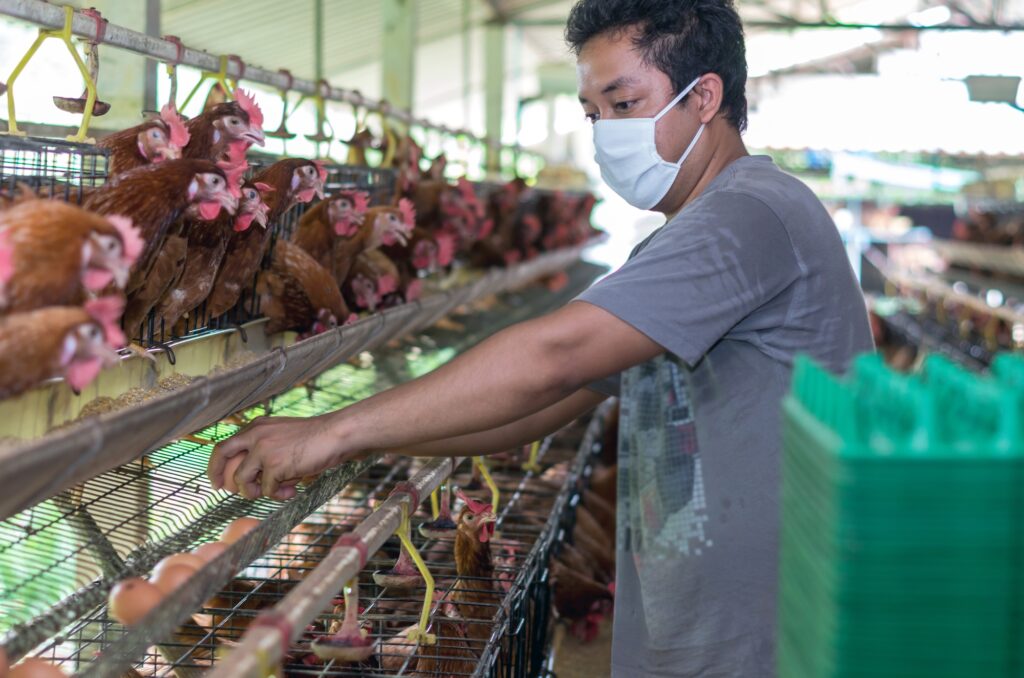
These programs encompass everything from appropriate space allocations to enrichment activities that encourage natural behaviors.
Sustainable Practices for the Future
As global demands for poultry products grow, sustainability becomes increasingly important. Through collaborative efforts, farmers and experts can develop strategies that reduce the industry’s carbon footprint, promote efficient resource usage, and ensure long-term viability. Sustainable practices not only benefit the environment but also contribute to the economic stability of poultry companies.
Collaboration’s Impact on the Broader Poultry Industry
The ripple effects of collaboration between farmers and poultry experts extend beyond individual farms, influencing the wider poultry industry. By pooling resources and sharing knowledge, the industry can tackle larger challenges, improve food safety, and meet the expectations of discerning consumers.
Strengthening Industry Standards
Collaborative efforts set the stage for the development of robust industry standards. By aligning their practices with scientific research and animal welfare guidelines, farmers and experts help shape regulations that safeguard both chicks and consumers. Consistent standards ensure that products meet the highest quality benchmarks, fostering trust and confidence among buyers.
Enhancing Traceability and Transparency
In a world where consumers demand transparency, collaboration is key to achieving greater traceability within the poultry supply chain. By working together, farmers and experts can develop systems that track the journey of chickens from farm to food store, providing consumers with the assurance they seek.
Adapting to Consumer Trends
Consumer preferences are ever-changing, and the industry must adapt to remain competitive. Collaborative efforts facilitate quicker responses to these trends, enabling the development of new products that cater to shifting demands for organic, free-range, or ethically raised chickens.
By remaining agile, the industry can thrive in an increasingly competitive marketplace. The future of the poultry industry hinges on the collaborative efforts of farmers and experts. By uniting traditional practices with modern innovations, they can create a harmonious and sustainable poultry ecosystem. Such collaboration not only ensures the health and welfare of chickens but also drives the industry towards a brighter, more secure future.
Together, as stewards of the poultry world, farmers and experts hold the power to shape an industry that meets the needs of today while paving the way for tomorrow. Let us embrace this shared vision with open arms, for the sake of our feathered companions and the communities that rely on them.
